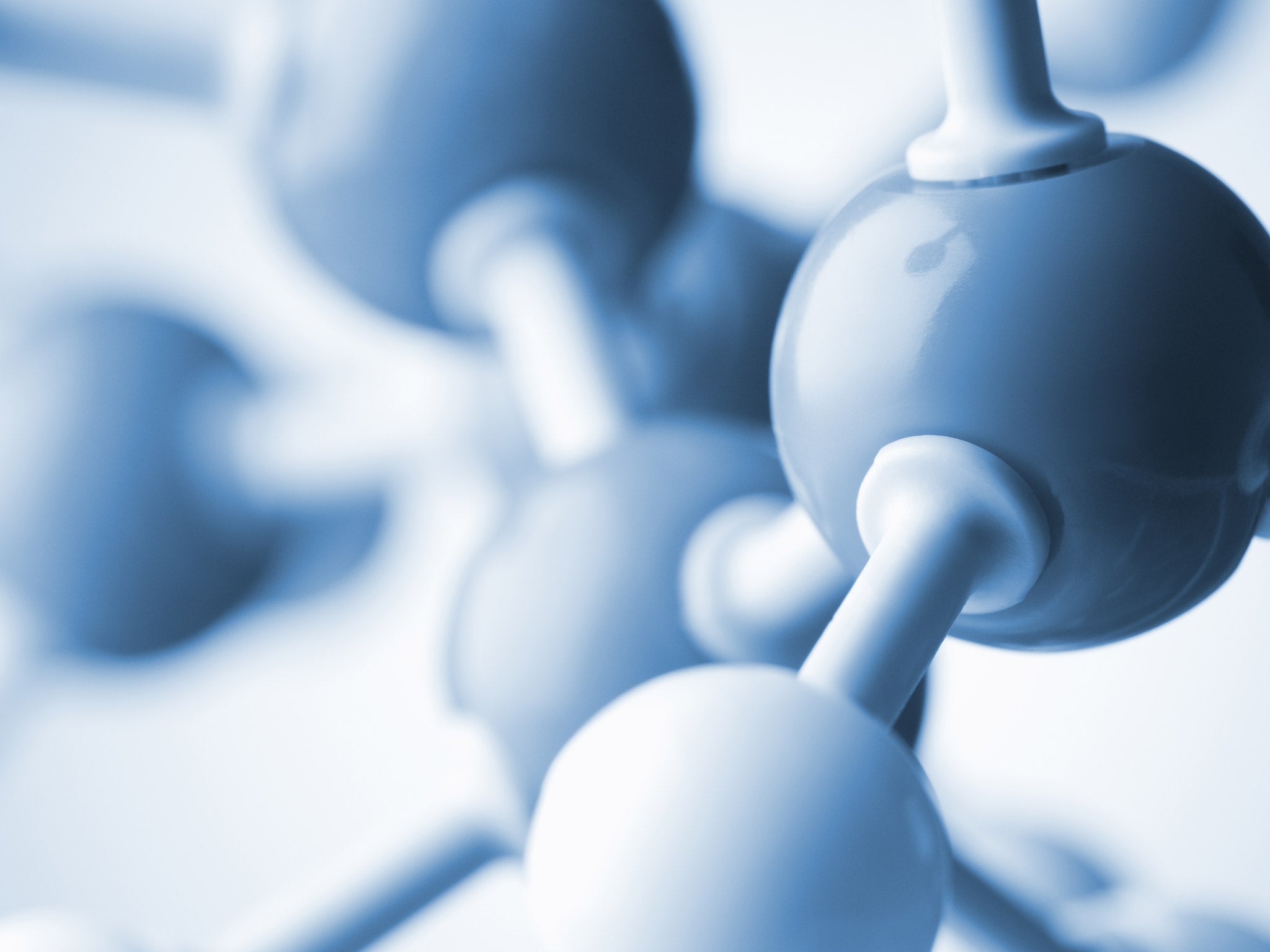CRISPR gene therapy: Scientists call for more public debate around breakthrough technique

Scientists are calling for a wider public debate on a new development in genetics that could allow the simple and accurate manipulation of the human genome, as revealed yesterday by The Independent.
The technique, known as CRISPR, could revolutionise human gene therapy and genetic engineering because it allows scientists for the first time to make the finest changes to the DNA of the chromosomes with relative ease.
One Nobel scientist, Craig Mello of the University of Massachusetts, said that the “jaw dropping” technique has the potential to transform the study and manipulation of genes and “lowers the barrier” to genetic engineering of human IVF embryos – something he would oppose.
Professor George Church of Harvard University, who was one of the first scientists to get the process working in human cells and mouse embryos, said that it was important to air the social and ethical implications of the technique to the wider public.
“Talking about the future is better than letting it sneak up on us. We need to do more of this or we will be left with very limited vocabulary in the space between positive and negative hype,” Professor Church said.
Professor Robin Lovell-Badge of the National Institute for Medical Research in Mill Hill, north London, said there needs to be a full and frank debate over the science, ethics and policy surrounding the development of new techniques to manipulate the human genome.
“The techniques are amazing and it was very appropriate to highlight them and begin the debate about how they should be used in humans,” Professor Lovell-Badge said.
“But it is far too early to contemplate using these methods to alter the human germline [sperm, eggs and embryos]. Indeed, it would be illegal to do so in the UK and many other countries,” he said.
“However, what is clear is that the new methods deserve proper consideration and debate, and not just either hype or condemnation, so that the wonderful opportunities they present can be applied sensibly and with public support,” he added.
The CRISPR technique has developed rapidly since last year when Jennifer Doudna and her colleagues at the University of California, Berkeley, first demonstrated how it can be used in genetic engineering.
Scientists have since shown that it works well on human cells and mouse embryos and are talking about the possibility of refining it for gene therapy trials on patients with HIV and inherited disorders such as sickle-cell anaemia and Huntington’s disease.
Professor Dagan Wells, an IVF researcher at Oxford University, said that although there is still a long way to go before CRISPR could even be considered for use on IVF embryos, the technique could overcome many of the objections to permanently altering the germline of families affected by inherited disorders
“If the new method is as precise as has been suggested then concerns about inducing inadvertent, detrimental changes to the genome might start to subside. In that case, permanently fixing a lethal genetic defect might not seem so controversial,” Professor Wells said.
“However, I'm sure there will be some concern about the possibility that the technology could be used for 'enhancement' rather than repair, veering from medicine towards eugenics,” he warned.
“I think it's important to stress that the therapeutic potential of this sort of genetic microsurgery is yet to be proven. Additionally, a significant amount of work will need to be done to assess the safety of the method before it can be used clinically. Still, the potential seems enormous,” he added.
Click HERE to see a video of how the Crispr system derived from bacteria works on human cells to correct genetic defects
Video by Janet Iwasa
Join our commenting forum
Join thought-provoking conversations, follow other Independent readers and see their replies
Comments
Bookmark popover
Removed from bookmarks